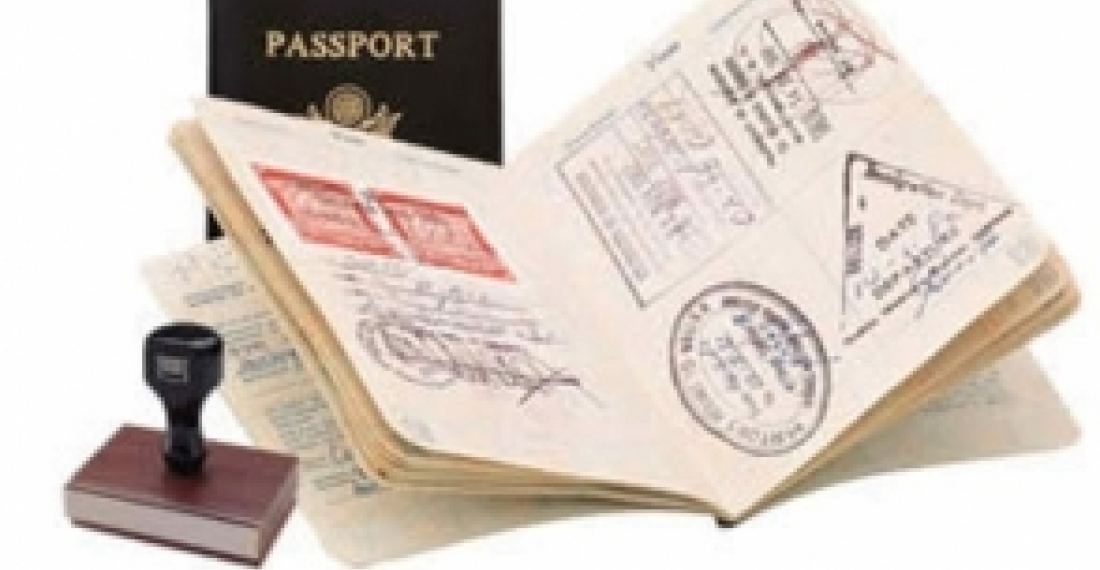Ереван, 23.03.13. АрмИнфо.
Россия, Грузия и Армения лидируют среди стран СНГ по количеству ищущих убежище в странах Европы. Как сообщает АПА, об этом говорится в докладе Управления верховного комиссара ООН по делам беженцев (УВКБ).
"Из стран СНГ по количеству поданных с целью получения убежища заявлений лидируют Россия (20 522 заявок, 4-е место), Грузия (10 611 заявок, 10-е место), Армения (4 450 заявок, 22-е место)", - отмечается в докладе.
Азербайджан занимает 34-е место по количеству лиц, ищущих убежище в европейских странах.
На первом месте в списках просителей международной защиты за границей граждане Афганистана. На них приходятся 36 600 заявлений. Второе место по числу петиций о предоставлении статуса беженца в промышленно развитых странах занимают граждане Сирии.
В целом, за получением убежища в 38 странах Европы в 2012 году обратились 355 500 человек. Наиболее привлекательными европейскими странами для искателей статуса беженца в прошлом году стали Германия, Франция, Швеция. Но больше всех прошений об убежище в 2012 году пришлись на США - 83 400 заявлений.





